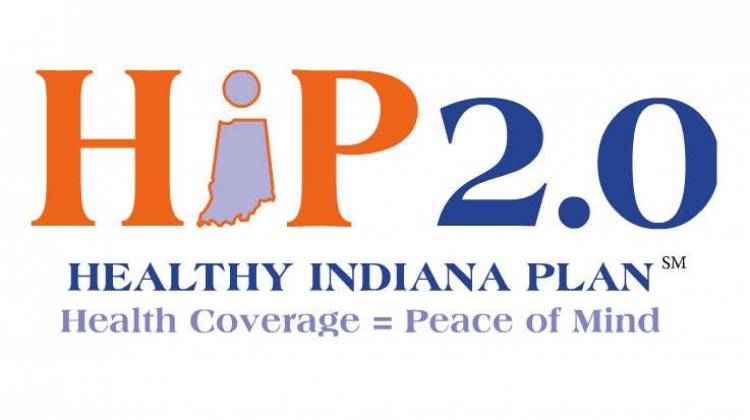
The federal government will perform an emergency evaluation of Indiana’s HIP 2.0, the health care program for low-income Hoosiers.
INDIANAPOLIS -- The federal government will perform an emergency evaluation of Indiana’s HIP 2.0, the health care program for low-income Hoosiers, exploring whether enrollees have difficulty accessing care because of one of the program’s features.
When Indiana and the Obama administration agreed on the terms of HIP 2.0 last year, the state was allowed to forego what’s called “non-emergency medical transportation,” meaning Indiana doesn’t have to cover transportation costs for appointments like chronic care visits and regular dialysis.
The federal Centers for Medicare and Medicaid Services, or CMS, now wants to evaluate whether that waiver creates a barrier to care – essentially, whether Hoosiers can’t make their appointments because the state won’t cover the costs to get there.
A study earlier this year, by an independent evaluator hired by the state, found that less than six percent of HIP 2.0 enrollees whose transportation wasn’t covered by the program cited that as the reason they missed an appointment. Now, CMS is going to do its own evaluation – something Gov. Mike Pence in the past has criticized.
Pence has said two evaluations, one by the independent group, the other by the feds, will create confusion and uncertainty.
 DONATE
DONATE








 Support WFYI. We can't do it without you.
Support WFYI. We can't do it without you.